#28 From the Twitter archives, part 12B: Daily Modernist series, filmmakers
Three directors: one Soviet, one Italian, one English.
Dziga Vertov
1896-1954. A pioneer in documentary making, Vertov was most active from the late 1910s to the 30s, with the 20s—his heyday—being a decade of great creative ferment in the newly-formed USSR. He developed a theory of Kino-Pravda, ’film-truth’.
Kino-Pravda was about not just capturing actuality, but also organising the material so that a deeper truth about the subject matter, one not immediately apparent, would reveal itself. Vertov promoted this concept in a series of 23 newsreels starting in 1922. His most famous work, the experimental silent Man with a Movie Camera, he made in 1929.
While in a sense a documentary, the film focuses on a camera crew who are supposed to be filming everyday life. The eponymous man with a camera was in fact Vertov’s brother Mikhail, himself a filmmaker.
MwaMC was little-regarded at first, but later it was recognised as a stunningly innovative and visionary work, both in technical terms and for its self-reflexivity. Several directors, including Jean-Luc Godard and Ridley Scott, have paid visual homage to it. MwaMC remains a fresh, elegant and witty work even today.
Michelangelo Antonioni
1912-2007. You’ll either love his films or be bored out of your mind. There’s never much plot to speak of, and the modern landscapes Antonioni’s characters inhabit interest him as much as the characters themselves.
Like Ballard, he seems to view man-made landscapes both as reflections of, and shapers of, states of mind. Antonioni’s characters are unconscious psychogeographers, not infrequently taking to wandering aimlessly through the concrete flora like Situationists on a dérive.
Alienation and ennui are themes in all his films. Again like Ballard, his attitude to these is ambiguous: are they simply bad, as conventional wisdom has it, or could alienation and a lack of definite purpose have positive effects? If we embraced them, could they lead us to something more interesting?
Chris Petit
1949- Filmmaker and novelist. The first living modernist in this series (as of the time of writing), Petit is a major talent but not widely known. Radio On(1979), an existential journey through modern Britain and one of the few British road movies in existence, was his directorial debut.
The film’s sensibility is very European, with Petit drawing inspiration from the German New Wave (Wenders, Fassbinder). Chris Petit grew up partly in Germany, with his military father working on NATO bases there, and he’s clearly retained a fascination with the country and its particular brand of modernism.
Petit began his career as a novelist over a decade after Radio On, with Robinson(1993). A Soho novel where a fictionalised Petit follows the enigmatic and dangerous Robinson (first met in Céline’s Journey to the End of the Night and later to appear in the poetry of Weldon Kees and the films of Patrick Keillor) on a strange, visionary quest into London’s pornographic underground. Like all of Petit’s best work, this first novel is elegant, compelling, and haunting.
Another very noteworthy work is Content (2010), where Petit returns to the genre of the road movie 30 years after Radio On.
However, Content is a personal, non-narrative film, an example of ‘ambient filmmaking’. Petit surveys the social and existential changes of the previous 30 years. “TVs got flatter, and so did everything else.”




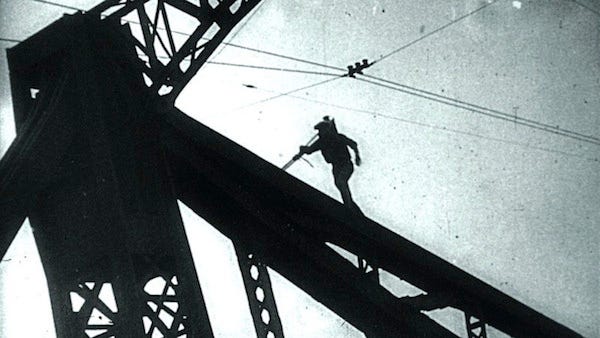
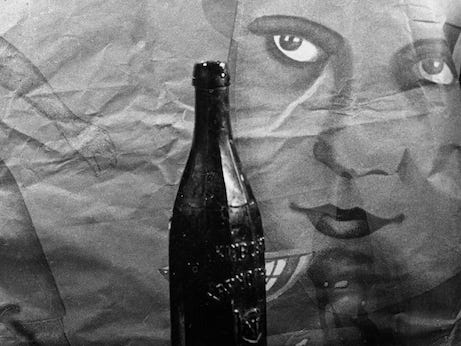
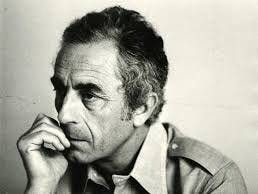

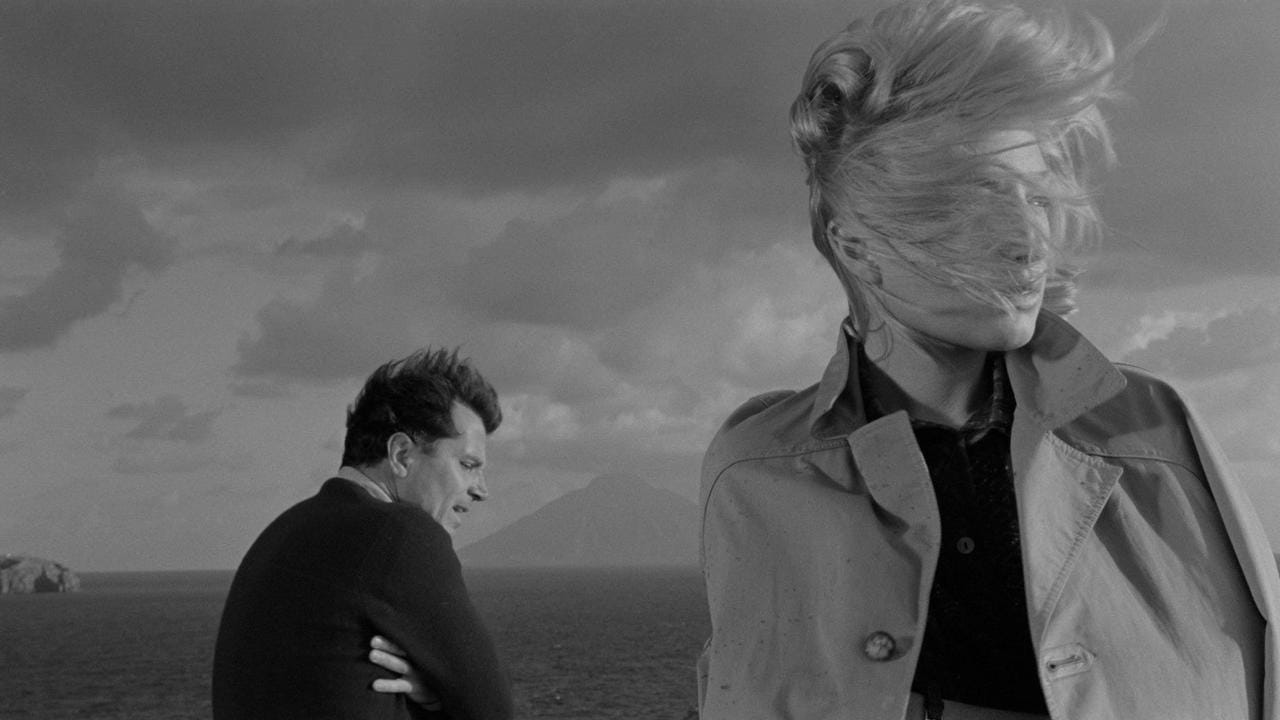
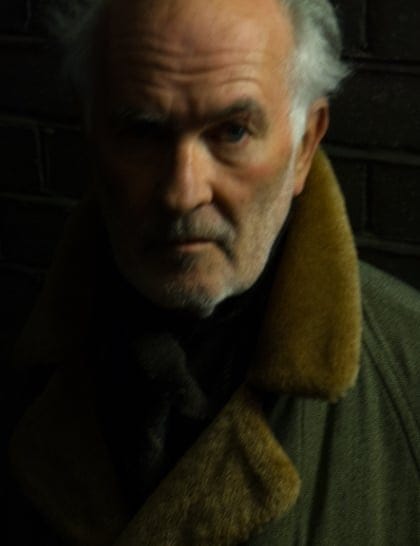
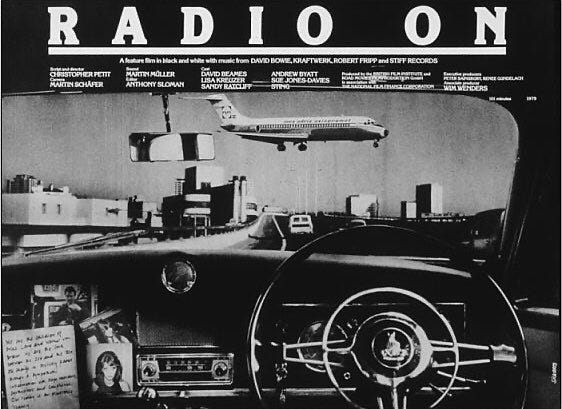
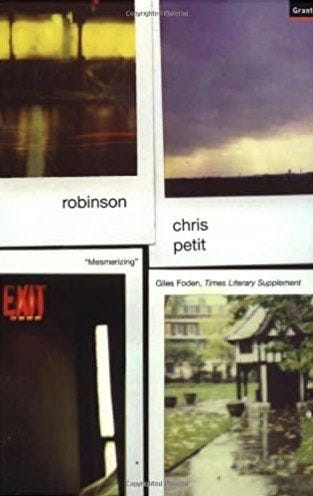

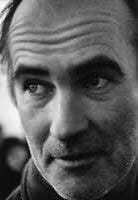
I feel like there’s a good opening for a new type of independent theater, if you get my drift.